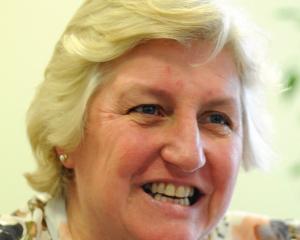
Moa bones and obsidian tools, believed to date back to the 1300s, have been discovered near Eastland Port.
The University of Otago Southern Pacific Archaeological Research (Spar) unit has been excavating the site for more than two years and will spend another six months to a year analysing the findings.
Prof Richard Walter said uncovering the site was ``significant'' from a scientific and cultural perspective and that it appeared to date from the first two or three decades of settlement in New Zealand.
``We don't know as much about the early occupation around this part of the coastline as we do in other parts of the country,'' Prof Walter said.
``There are not too many of these very early sites and so this one is filling the gaps.''
It was unlikely the team would return to the site and they were now focused on analysing the ``huge amount'' of data gathered in the two-year period.
Prof Walter said the existence of moa bones gave researchers a good indication of the era of the settlement, but researchers were still waiting for the results of carbon dating tests to come back to confirm it.
The site is located on the edge of an old riverbed, and the area is the first landing place of the waka which carried Maori to the district.
The first contact between Maori and James Cook took place on the river in 1769.
Plans are under way to commemorate the 250th anniversary of the event next year.
The site was identified through Heritage New Zealand Pouhere Taonga's archaeological consent process, which regulates the modification or destruction of archaeological sites.
Artefacts and animal remains from the site are being analysed by the Spar team before the process begins to return them to their rightful owners.









